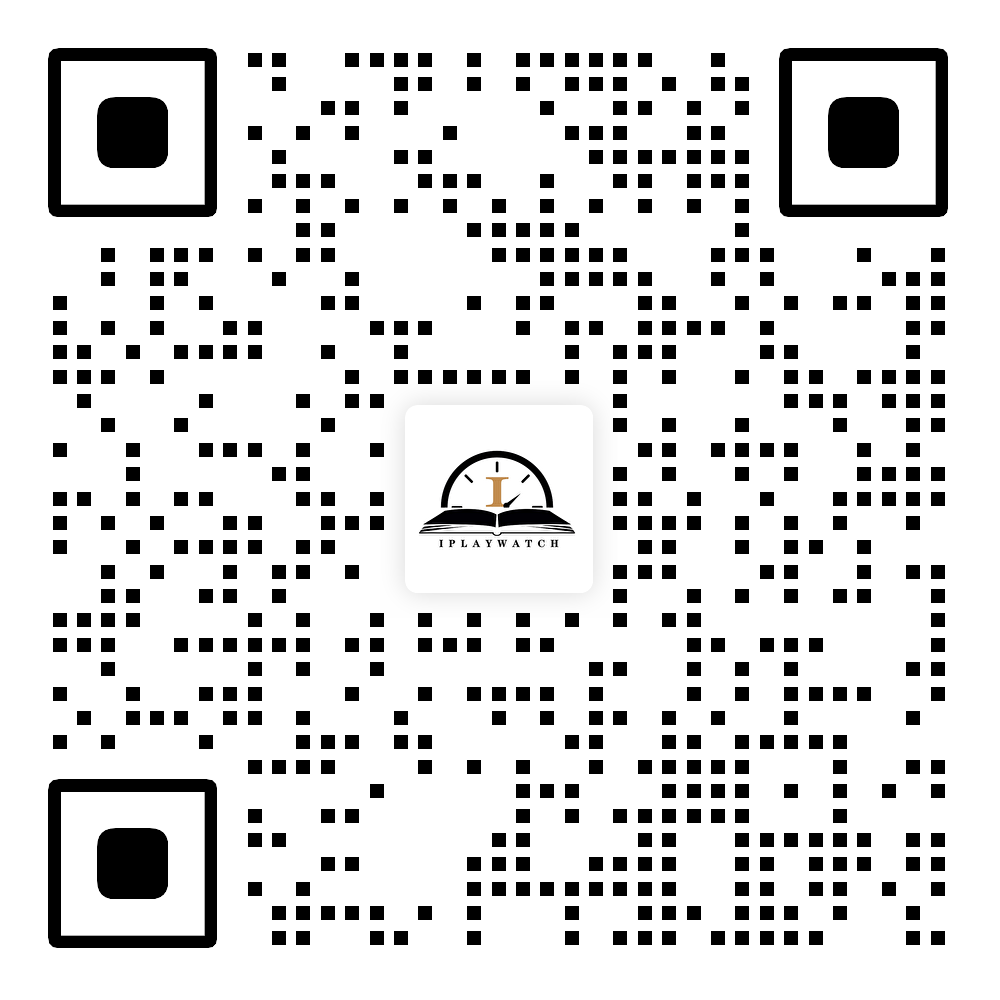Swiss Made Watches Explained What Defines Authentic Quality
Watch Guides
2025-06-16Introduction
Swiss watches have earned a reputation as the pinnacle of horological excellence. From the snowy peaks of the Jura Mountains to prestigious ateliers in Geneva, Switzerland has long been synonymous with precision, craftsmanship, and timeless design. But what exactly makes a swiss made watch so special? What does Swiss Made mean on a watch, and how can you be sure you’re investing in an authentic timepiece rather than a clever imitation?
This guide covers what “Swiss Made” means, how to verify authenticity and certifications, and why Swiss watches are a solid investment.
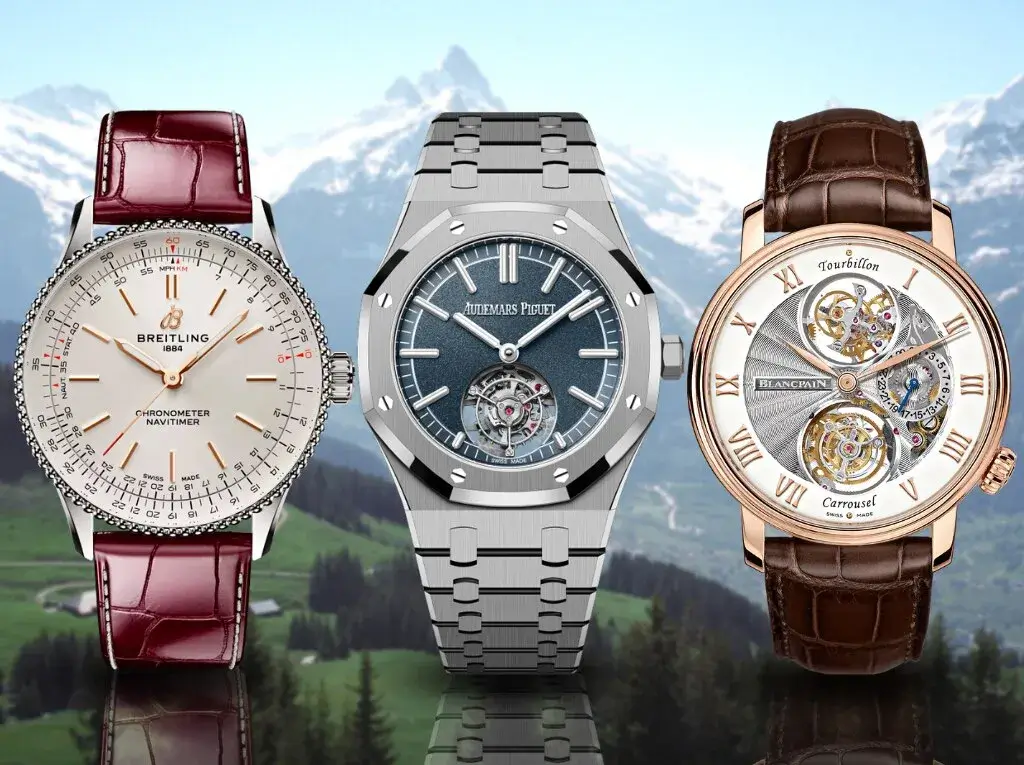
The Legal Definition of “Swiss Made”
What is Swiss Made watches in law?
The term Swiss Made carries strict legal weight in Switzerland. Since the revision of the Swiss Ordinance on the Use of “Swiss Made” for Watches on January 1, 2017, any watch bearing the “Swiss Made” label must meet the following criteria:
- Movement Origin: At least 50% of the value of the movement’s components must be of Swiss manufacture. This ensures that critical parts come from Switzerland’s renowned movement factories.
- Manufacturing Costs: A minimum of 60% of the total manufacturing costs—including assembly, quality control, and movement production—must be incurred in Switzerland.
- Final Inspection: The watch must be assembled and undergo its final inspection in Switzerland.
These rules guarantee that when you see “made in switzerland watch” on the dial or case back, you are looking at a product that has been crafted, assembled, and tested under Swiss oversight. No longer can a manufacturer simply import a movement and stick “Swiss Made” on the dial; every stage from component production to final quality control must occur within the Swiss borders.
Key milestones in Swiss Made regulations
- 1971: Introduction of the first “Swiss Made” standard, requiring the movement to be assembled in Switzerland.
- 1992: Strengthened rules added cost thresholds and defined “Swiss movement.”
- 2017: Current ordinance updated the cost criteria and clarified definitions to combat misuse of the term.
By understanding these milestones, you’ll appreciate why a label proclaiming swiss watch means far more than mere marketing—it’s a legal guarantee of origin and craftsmanship.
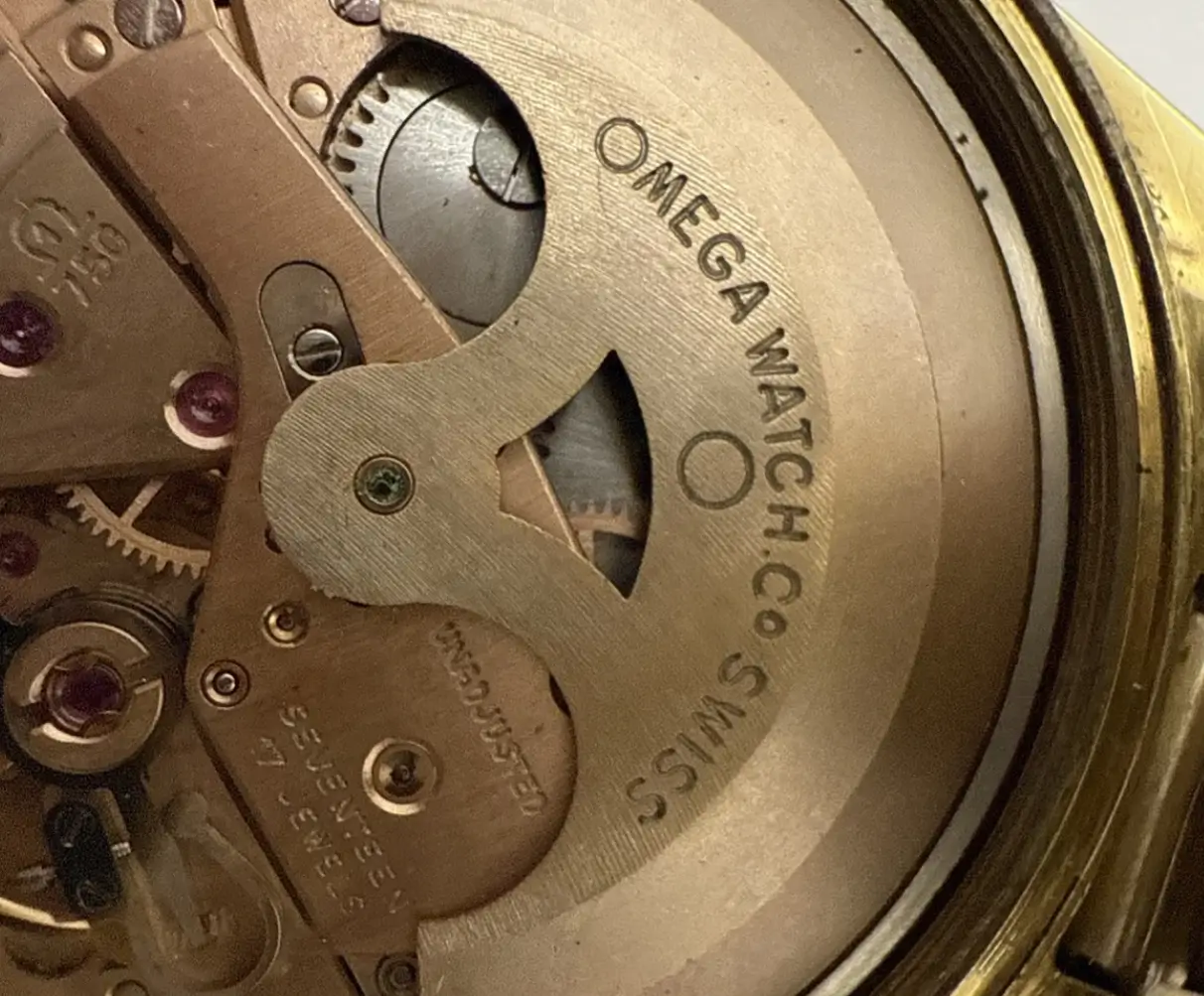
Hallmarks of Authentic Swiss Quality
Official Certifications
COSC Certification (Contrôle Officiel Suisse des Chronomètres)
A chronometer-certified movement must pass the rigorous COSC Certification tests—conducted over 15 days in five positions and at various temperatures—and only about 3% of Swiss movements achieve this distinction.
Geneva Seal (Poinçon de Genève)
Reserved for watches made in Geneva Switzerland, the Geneva Seal demands perfection in finishing, assembly, and component quality. It tests not just accuracy, but aesthetic excellence such as polished bevels and mirror-finish screws.
Including these marks on the dial or movement proves the watch meets the highest standards of Swiss watchmaking. When you search for swiss made timepieces, look for COSC and Geneva Seal to ensure genuine quality.
Movement and Materials
Swiss Automatic Movement
High-end watches often feature mechanical calibers with automatic winding. These utilize a rotor that turns with wrist motion, winding the mainspring continuously. A true Swiss automatic movement will be manufactured, assembled, and adjusted in Switzerland under rigorous quality-control standards. When you compare swiss movement vs japanese movement, you’ll notice that Swiss automatics typically offer finer finishing on components, tighter tolerances in gear trains, and a smoother winding feel—attributes that justified the “Swiss Made” label long before it became a legal requirement.
Swiss Quartz Movement Meaning
Quartz models bearing the “Swiss Made” label still follow strict rules: the quartz crystal, electronic module, and integrated circuit must be assembled and tested in Switzerland, and the battery compartment must be inserted in-country. While Japanese quartz movements are renowned for reliability and affordability, Swiss quartz movements often include higher-grade components, more exacting assembly tolerances, and additional finishing, all of which contribute to lasting accuracy and serviceability.
Case and Dial Finishing
Authentic swiss made wristwatch cases exhibit precise machining, polished chamfers, and finely brushed surfaces that catch the light cleanly without harsh reflections. Dials often feature applied indices instead of printed markers, adding depth and a three-dimensional effect. Hands are hand-polished or heat-blued for contrast and legibility. When inspecting a watch, scrutinize the dial printing for sharp edges, verify that the hands align perfectly at 12 o’clock, and check that logos and crown engravings are crisply executed. These subtle details distinguish genuine Swiss craftsmanship from lower-cost alternatives.
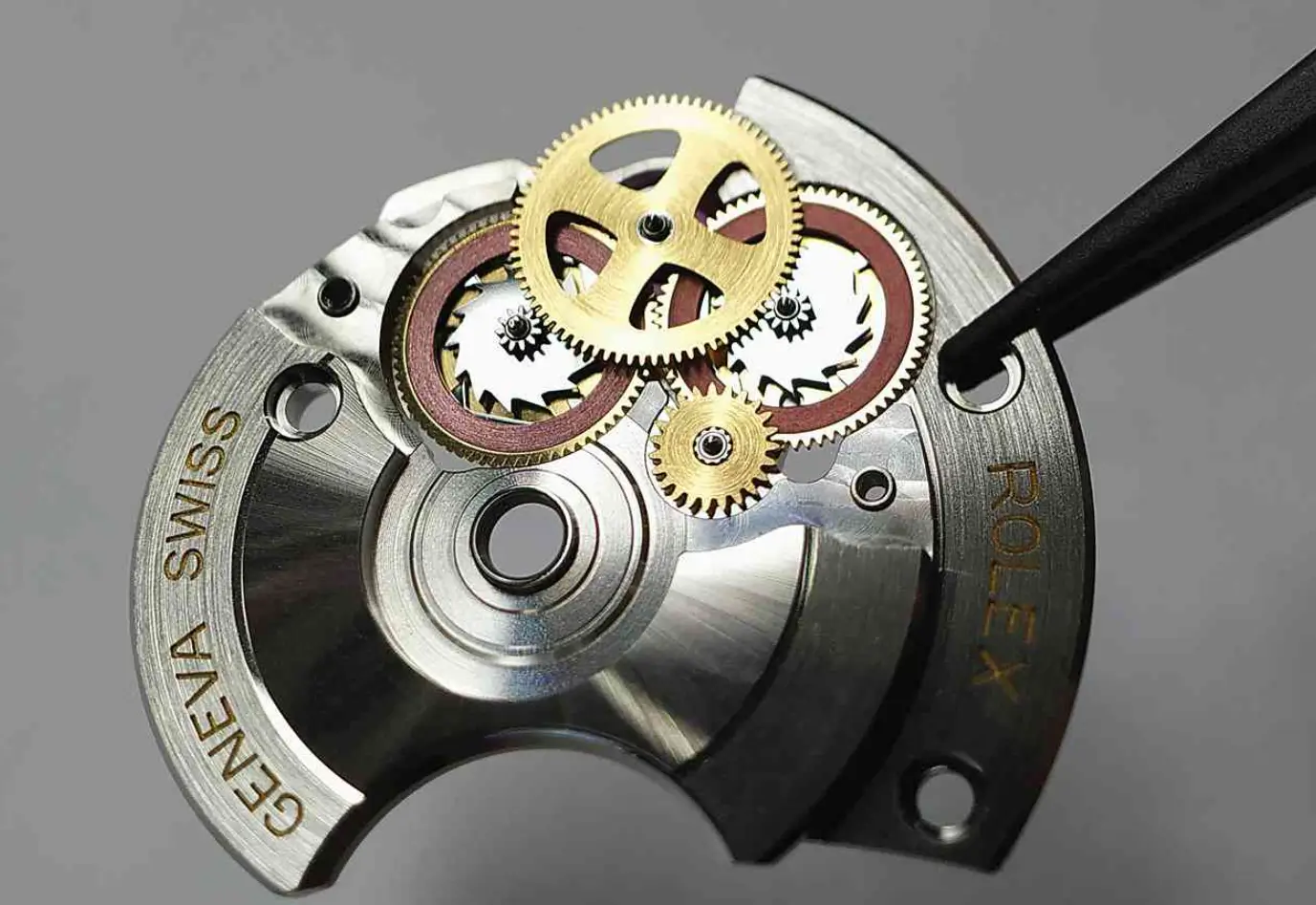
How Swiss Watches Are Manufactured
Component Production
- Movement Factories: Major suppliers like ETA and Sellita produce base movements in large volumes. High-end brands develop in-house calibers in specialized ateliers.
- Case and Bracelet Makers: Switzerland’s metal workshops craft cases from stainless steel, gold, titanium, or exotic alloys. Bracelet links receive multiple finishes—polished outer edges, brushed center links.
- Dial and Hands Studios: Dials are printed, lacquered, or enamelled; hands are cut, polished, and heat-blued in traditional furnaces.
Assembly in Switzerland
Once components arrive, master watchmakers assemble each module by hand:
- Movement Assembly: Gears, jewels, springs, and rotors are carefully fitted under microscopes. Lubricants are applied sparingly at key friction points.
- Casing-Up: The tested movement is inserted into its case. Gaskets are installed to ensure water resistance.
- Dial and Hands Fitting: Delicate work fitting hands to the central pinions without causing damage.
At every stage, “watches made in switzerland” undergo quality checks. Movements may be tested for amplitude and beat error, while finished watches face water resistance and magnetism tests.
Final Quality Control
Every finished swiss made wristwatch goes through:
- Timekeeping Tests: Monitoring accuracy over several days in five positions.
- Water Resistance: Pressure tests to guarantee declared depths (e.g., 50 m, 100 m, 300 m).
- Visual Inspection: Checking case polishing, dial uniformity, and strap or bracelet quality.
This meticulous process is why Swiss bracelets of craftsmanship endure generations.
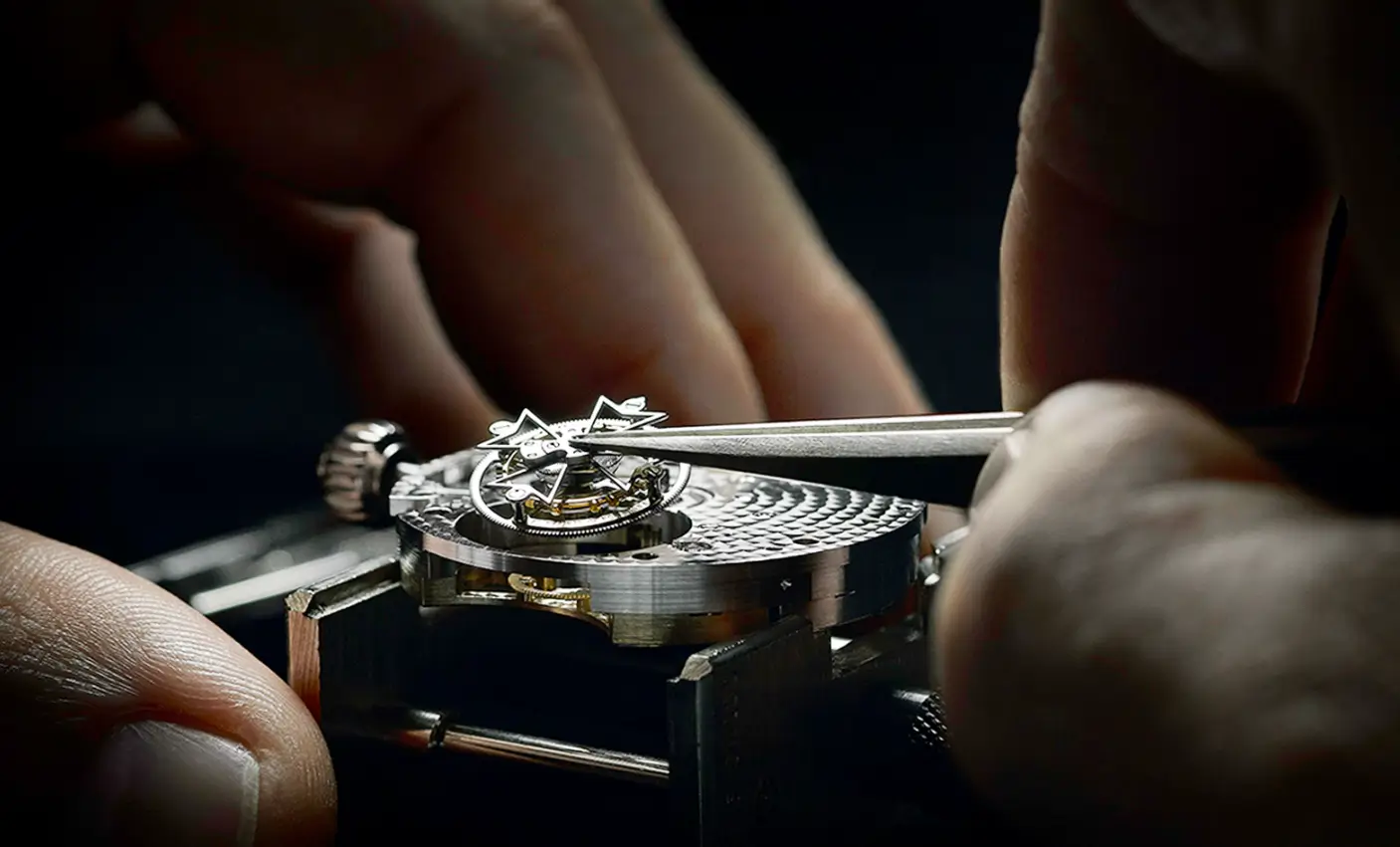
Verifying Authenticity and Avoiding Fakes
“Swiss Movement” vs. “Swiss Made”
It’s common to see “Swiss Movement” printed on the dial. This only indicates where the movement was produced, not where the watch was assembled or inspected. A watch assembled in Asia with a Swiss movement is not a true Swiss Made watch. Always seek the full “Swiss Made” designation.
Authorized Dealers versus Grey Market
When it comes to purchasing Swiss-made watches, choosing the right purchase channel is crucial. Buying directly from the brand or through an authorized retailer ensures that you're getting an authentic timepiece with complete documentation, official warranty, and reliable after-sales service. This peace of mind, however, often comes with a higher upfront cost.
On the other hand, the grey market or pre-owned channels may offer more attractive prices and wider model availability. Yet, these savings come with potential downsides: the absence of an official warranty, limited service support, and the risk—however small—of encountering counterfeits or misrepresented watches.
For collectors and enthusiasts, the decision ultimately depends on priorities—whether that’s security and service or pricing and selection.
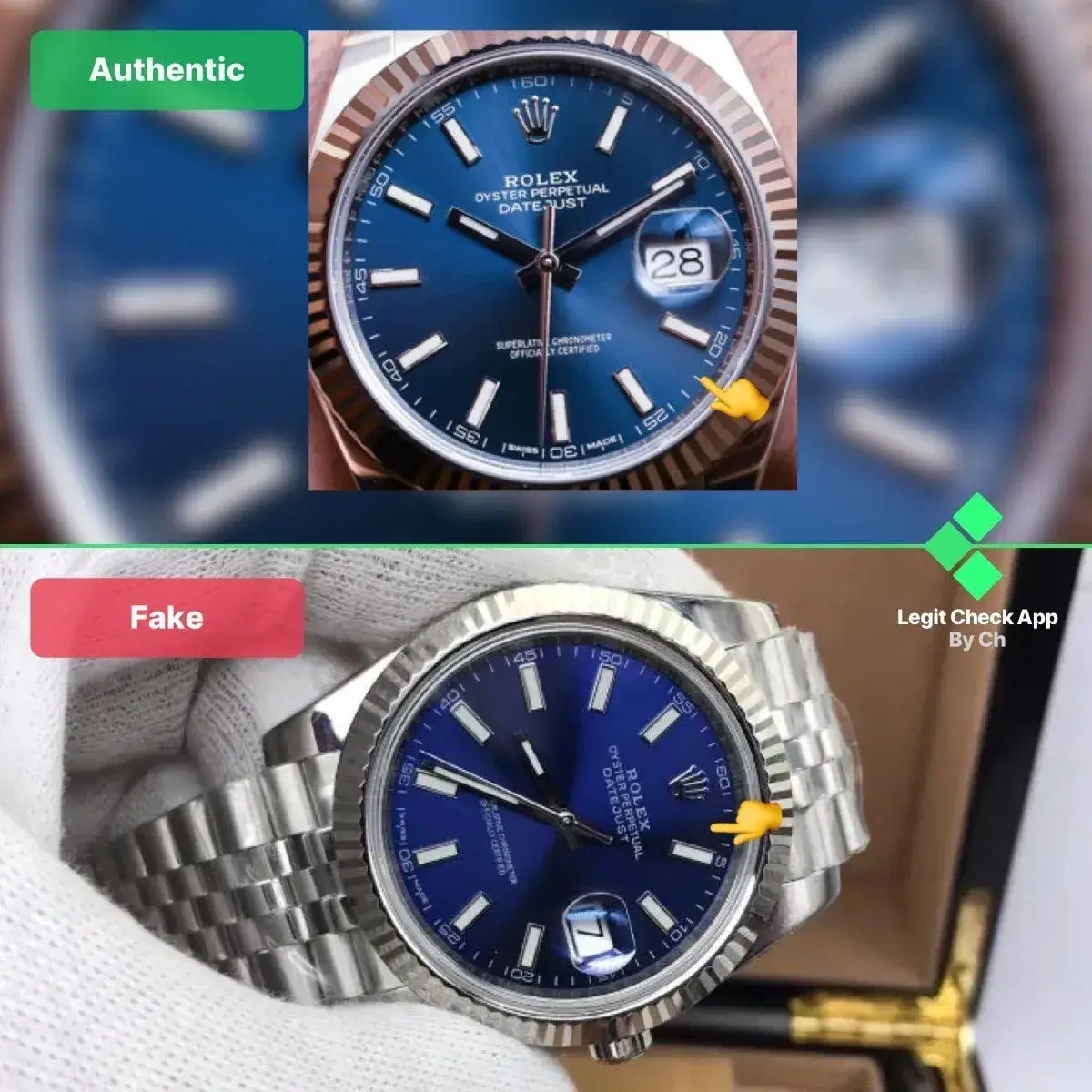
Common Myths and Red Flags
Myth: “Watches with Swiss Movement are Swiss Made”
A Swiss movement may be cased and finished abroad. Only watches fully assembled and certified in Switzerland qualify as swiss made.
Red Flag: “Too Good to Be True” Pricing
Luxury brands like Rolex and Patek Philippe rarely sell at steep discounts. If you see best value swiss made watches priced far below retail, verify the serial number and authentication papers before buying.
The Value Proposition of Swiss Made Watches
Investment and Resale Value
- Most Exclusive Swiss Watches, Most exclusive Swiss watches, such as rare Patek Philippe models like the 5711/1A-010 and the lesser-seen 5711/1A-011, tend to appreciate significantly over time. Discontinued references, limited editions, and heritage pieces often command substantial premiums on the secondary market. These timepieces are not only feats of craftsmanship but also sought-after collector assets that hold—and often increase—their value with age.
- Is Rolex Swiss Made? Absolutely. Rolex movements, cases, and final inspections are entirely Swiss. Their global reputation ensures strong resale and collector demand.
Emotional and Heritage Value
Owning a swiss wristwatch connects you with centuries of innovation—from Abraham-Louis Breguet’s tourbillon invention to modern complications. These timepieces carry stories and traditions that transcend mere functionality.
Maintenance and Long-Term Care
Service Intervals
Swiss manufacturers recommend full servicing every 3–5 years. Authorized service centers replace worn parts, re-oil the movement, and test all functions to ensure optimal performance.
Daily Care Tips
- Water Resistance Checks: Annually verify seals, especially if you swim with your watch.
- Regular Winding: For mechanical watches not worn daily, wind them at least once a week.
- Proper Storage: Avoid magnets, extreme heat, and direct sunlight. Use a watch box or winder if storing multiple timepieces.
Proper care preserves the precision and value of your investment in swiss made wristwatch craftsmanship.
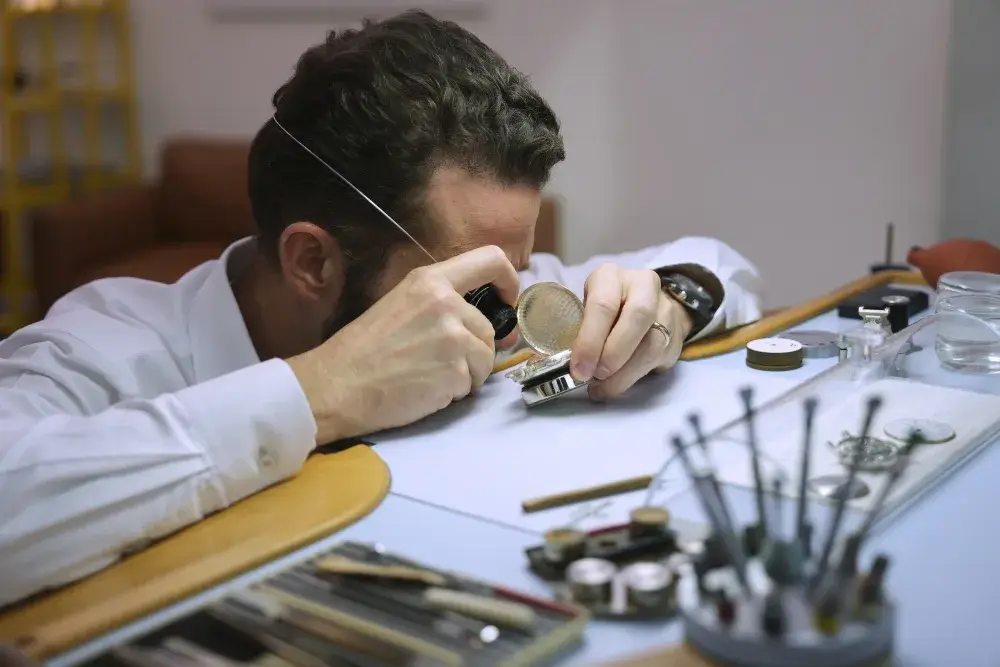
Conclusion
A genuine Swiss Made watch represents legal rigor, impeccable craftsmanship, and timeless design. Now that you understand what does Swiss Made mean on a watch, know how to verify authenticity, and appreciate the lasting value of swiss timepieces, you’re ready to make an informed purchase.
FAQ
1: Can a watch be half Swiss Made?
No. To legally claim “Swiss Made,” at least 60% of the manufacturing costs and the final assembly must occur in Switzerland.
2: How can you tell if a Swiss watch is real without opening it?
Look for precise engraving of “Swiss Made” on the dial and case back, consistent serial numbers, and purchase from an authorized dealer.
3: What watches are made in Switzerland?
From accessible Tissot and Longines models to high-luxury Patek Philippe and Audemars Piguet, watches made by Swiss craftsmen span all price ranges.
4: Are Invicta watches made in Switzerland?
Some Invicta models incorporate Swiss movements, but many are assembled outside Switzerland. Always check the “made in switzerland watches” label carefully.
5. Where are Trump’s Swiss watches made?
While “Trump” branded watches have existed in the past, most were not manufactured in Switzerland. These watches were typically fashion-oriented timepieces made in Asia using quartz movements, and do not meet the legal criteria for being Swiss Made. Always check the origin label and manufacturing details before assuming Swiss authenticity.
6.Is Bulova a Swiss Made watch?
No, Bulova is an American watch brand founded in New York. Although it has produced some models with Swiss movements, most Bulova watches are assembled in Asia or the United States. Bulova is known for its Precisionist and Accutron lines, but it is not a Swiss Made brand under Swiss law.
7. What does “Swiss Made” mean on a watch?
“Swiss Made” signifies that a watch meets strict legal standards—Swiss movement, final assembly in Switzerland, and at least 60% of production costs incurred there. It’s a trusted mark of quality and authenticity.
8. Are Rolex watches Swiss Made?
Yes, Rolex is fully Swiss Made—designed, assembled, and tested in Switzerland with in-house movements and COSC certification. It’s one of the most iconic Swiss luxury watch brands.
9. What is a Swiss Made watch?
A Swiss Made watch is a timepiece that adheres to legal standards set by the Swiss government. It must use a Swiss movement, be assembled and inspected in Switzerland, and have at least 60% of its production cost derived from Swiss operations. This label assures precision, durability, and superior finishing.
10. What are Swiss Made watches known for?
Swiss Made watches are celebrated for precision, durability, and timeless design. From icons like Rolex and Patek Philippe to accessible brands like Tissot and Longines, they set the global standard in watchmaking.

